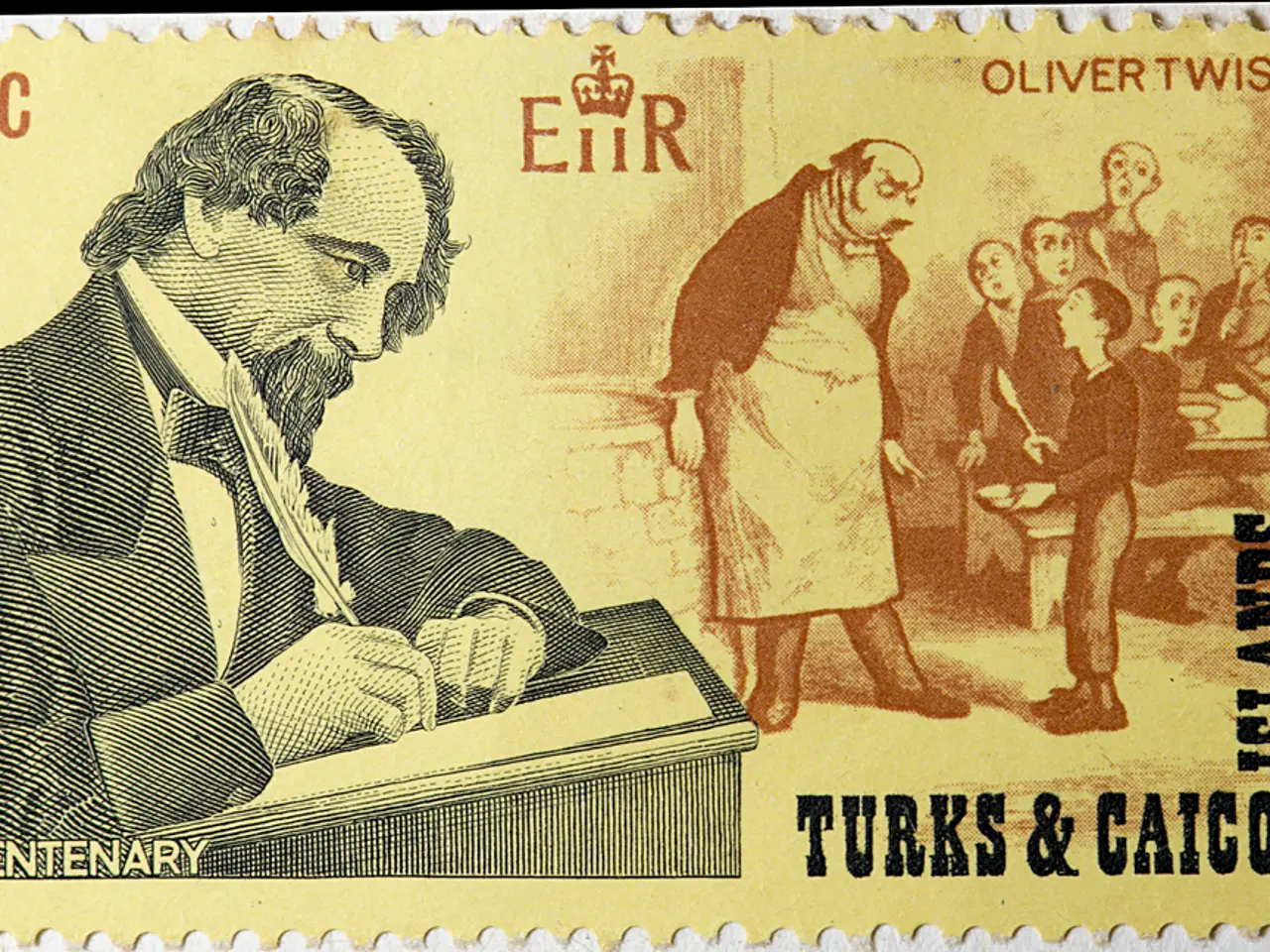Pakistan's Prime Minister declines adjustment to tax collection goal, solidifies reform schedule
Prime Minister Shehbaz Sharif has outlined a comprehensive set of reforms and strategies to improve Pakistan's tax collection and revenue performance for the upcoming fiscal year 2025-26. The focus is on structural reform, technology adoption, and public facilitation.
The key reforms and strategies include:
- Maintaining the ambitious tax collection target of Rs14,131 billion ($49.46 billion) for FY2025-26, reflecting a 9% increase over the previous year. The prime minister has ruled out any revision to the timeline for tax collection or reform targets.
- Developing a strategy in consultation with the Federal Board of Revenue (FBR), relevant federal institutions, and provincial governments to raise the tax-to-GDP ratio further. The government aims to build upon the significant improvement from 8.83% in FY24 to 10.24% in FY25—the highest in 23 years.
- Removing bureaucratic and institutional barriers to ensure full implementation of tax reforms, with an emphasis on eliminating bureaucratic red tape.
- Digitization and modernization efforts:
- The launch of online income tax return forms in Urdu for the first time, benefiting approximately 84% of taxpayers and increasing accessibility and convenience.
- The establishment of a helpline to assist taxpayers in filing returns.
- The rollout of digital, concise, and database-linked tax returns and emphasis on third-party validation to enhance transparency and efficiency.
- The implementation of an AI-based tax assessment system to improve tax filing and assessment accuracy.
- Customs reforms aimed at reducing clearance delays and improving transparency via technology, including centralized digital enforcement stations, faceless customs systems to accelerate assessments, and uniform and effective nationwide implementation of these customs clearance reforms to reduce institutional procedural times.
- Supporting small and medium enterprises (SMEs) by facilitating their integration into the new digital invoicing system.
- Increasing public awareness and confidence in tax reforms through coordinated campaigns involving the information ministry.
- Easing the tax burden on low-income groups by expanding the tax base while prioritizing relief measures for lower-income citizens.
These reforms aim to broaden the tax base, modernize tax administration through technology and digitization, improve enforcement and compliance, remove procedural obstacles, and enhance taxpayer convenience and transparency. The government expresses confidence in meeting monthly revenue targets and sustaining improved tax-to-GDP ratio gains achieved to date.
The prime minister made these statements during a review meeting on tax reforms at the Federal Board of Revenue (FBR). He has also instructed coordination with the information ministry to build public confidence and directed that obstacles to reform, including bureaucratic red tape, be removed to ensure the changes are institutionalized. The reform timeline remains unchanged, according to the prime minister.
- The government is planning to launch online income tax return forms in Urdu to increase accessibility and convenience, which will benefit approximately 84% of taxpayers, as part of their efforts to digitize and modernize tax administration.
- In an attempt to enhance transparency and efficiency, the government is implementing an AI-based tax assessment system and rolling out digital, concise, and database-linked tax returns with third-party validation.




